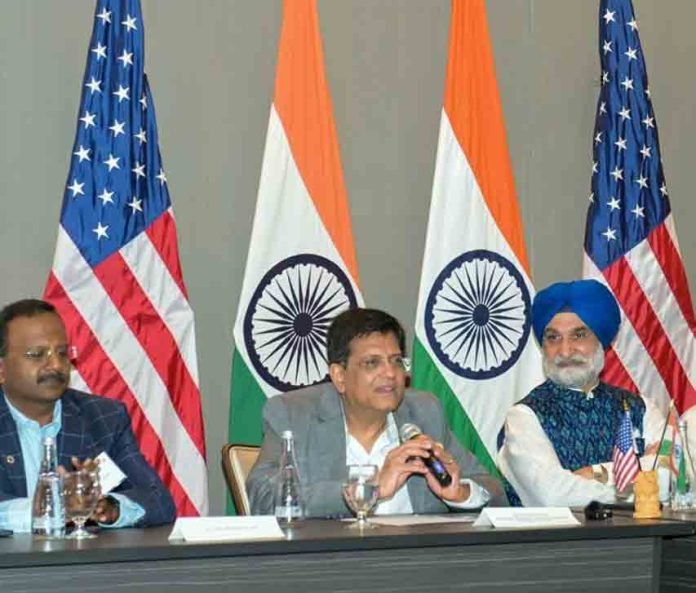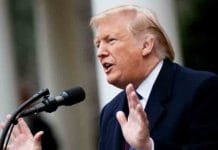India’s Commerce and Industry Minister Piyush Goyal declared that India will not rush into trade deals that limit its strategic flexibility. Speaking at the Berlin Global Dialogue, Goyal emphasised that New Delhi would refuse any agreement that comes with “a gun to our head,” signalling a bold stance in the midst of high-stakes trade negotiations. Rediff+2Reuters+2
“We do not do deals in a hurry and we do not do deals with a gun to our head,” he said. The Daily Jagran
This statement comes amid ongoing talks with the European Union (EU) and the United States, as India seeks new trade agreements while balancing energy security concerns, export ambitions and domestic protections. Reuters reports that India will reject “restrictive conditions” that limit its trade freedom. Reuters+1
Why the message matters
The cautionary tone signals a few important things:
India is emphasising sovereignty in trade negotiations. By refusing to rush, it underscores that the terms must serve Indian interests, not only partner demands.
With major negotiations underway—particularly with the US, which currently has tariffs of around 50 % on some Indian exports—the statement reflects New Delhi’s intent to maintain leverage. Reuters
It also sends a message to domestic stakeholders (industry, agriculture, labour) that any trade deal will include safeguards and will not leave them exposed.
The context
India is in talks with the United States to reduce U.S. tariffs on Indian imports from ~50 % to approximately 15-16 %. Reuters+1 Meanwhile, with the EU, issues include market access, environmental standards, rules of origin and reciprocal commitments. Goyal’s comments emphasise that while dialogue is active, India is not willing to trade off key strategic interests lightly.
For example, one energy-sector source noted:
“While we are ready to diversify partners, any deal that sacrifices our energy or manufacturing autonomy will not pass the test.”
What’s at stake for India
Exports: Many Indian sectors—textiles, engineering goods, chemicals—are looking for improved access. But opening up without reciprocal benefits could erode domestic industries.
Energy security: New Delhi’s oil imports (including those from Russia) remain a flashpoint in the US-India trade dynamic. Any agreement may require India to change its sourcing.
Domestic economy: Job creation, manufacturing growth and rural livelihoods depend on balanced trade. A deal that exposes local industries could undermine those goals.
What to watch next
Whether the US-India deal reaches a formal stage and what tariffs India secures.
How India addresses demands on its oil imports and the associated geopolitical trade-offs.
Domestic reactions—how Indian industry and farmers respond to proposed deal terms.
Whether India signals new trade negotiations with other partners (Asia, Africa, Latin America) as part of its diversification strategy.
In conclusion
India’s posture this week is clear: engage, but on our terms. Mr Goyal’s message—“we do not do deals in a hurry nor with a gun to our head”—sets a tone of assertiveness and deliberation. For India’s trade future, that means any pact must deliver real benefits, not just headlines. The path ahead remains complex, but India is signalling it will not compromise strategic autonomy for speed.
















